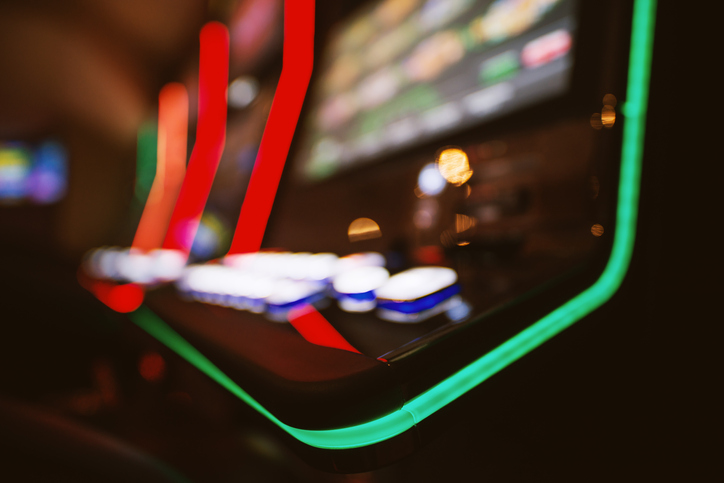Big Win for Skill Games in Pennsylvania
On November 30th, in a unanimous decision, the Pennsylvania Commonwealth Court announced a decision in favor of small businesses, such as convenience stores, bars, and private clubs who operate or have available for their customers “skill games.” If you have been to a bar or restaurant (or even some convenience stores) within the last year, you’ve probably seen one of these sitting on the bar or at a counter. They are electronic games played on devices in which money is converted into points to play the game. These games have a “reel” or “tic tac toe” puzzle, or a memory skill game in which players can win money depending on the player’s success. Over the years, the Pennsylvania State Police have treated these games as illegal gambling and instructed agents of the Bureau of Liquor Control Enforcement (BLCE) to seize these devices.
That may be changing. In November, the Commonwealth Court upheld a Dauphin County trial court decision made earlier this year where the Court determined that skill games do not constitute slot machines or illegal gambling devices. In the decision, the Commonwealth Court rejected the State Police’s broad definition of a slot machine to include games of skill, stating that such an interpretation is “inappropriate.” Additionally, the Court highlighted the disparity between skill games and gambling devices, noting that skill games provide users with the opportunity to improve or control their play in a way that gambling devices do not. The Commonwealth Court’s decision requires the seized devices to be returned to the business owner, but more importantly, may be a significant win for the makers of these skill games and the bars, restaurants, convenience stores, and other locations where they are operated.
The decision is positive news for the small business owner who has these machines in their business, but there is no immediate statewide application, and it does not settle the debate over the appropriateness of the machines or whether the legislature will eventually ban them, tax their revenues, or otherwise regulate the industry.
The Pennsylvania Attorney General’s office has appealed this decision to the Pennsylvania Supreme Court, so it’s not yet the end of the fight, but the current legal climate appears to be moving in their favor.

